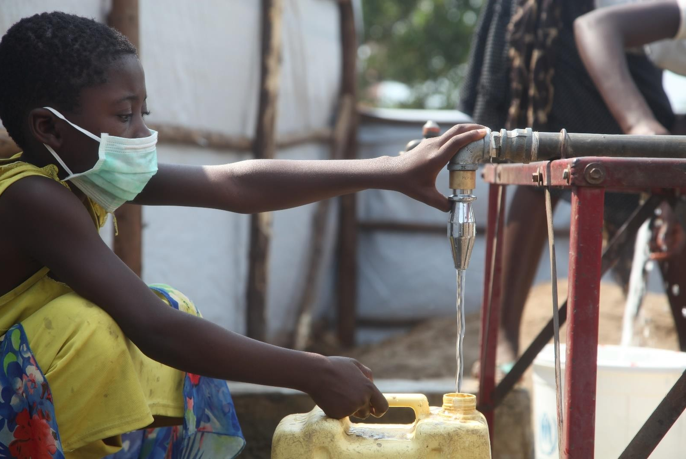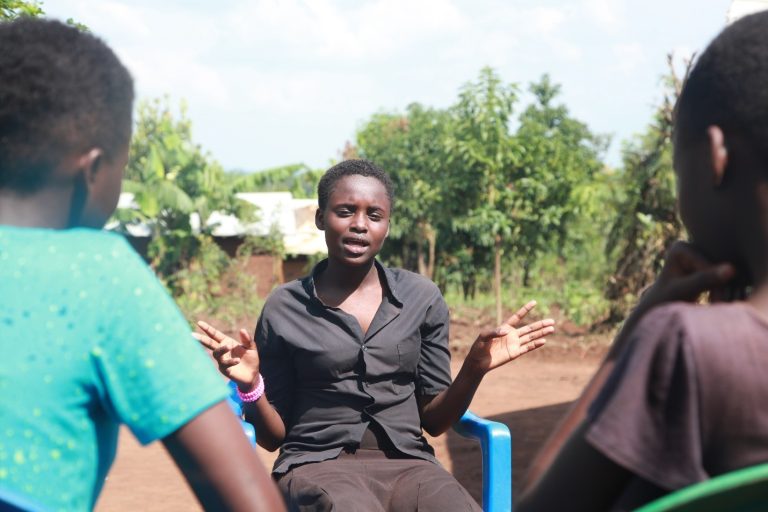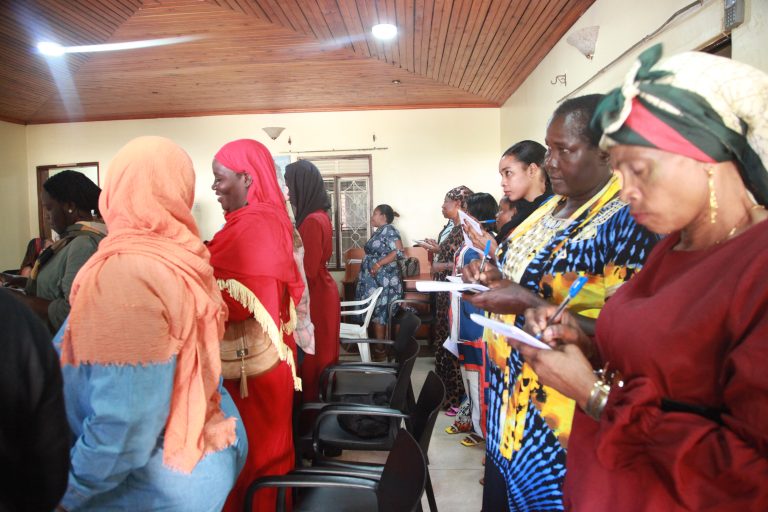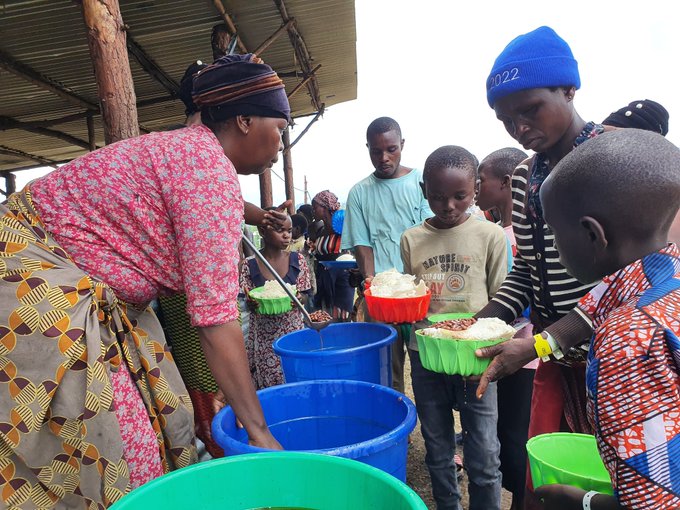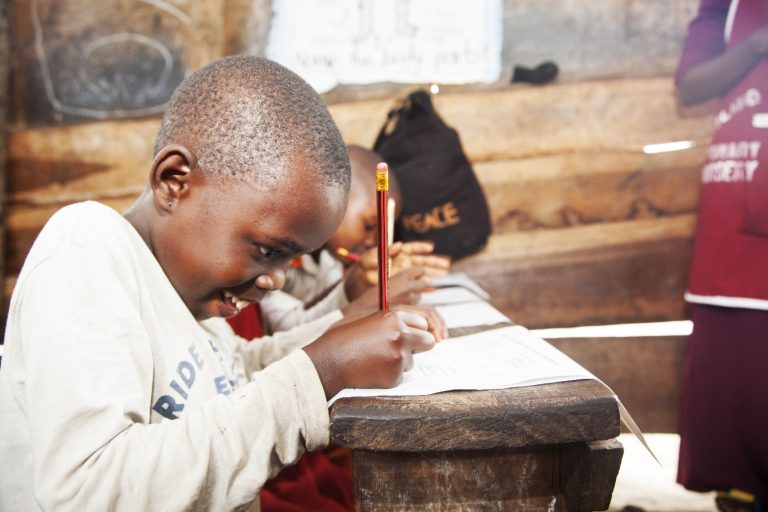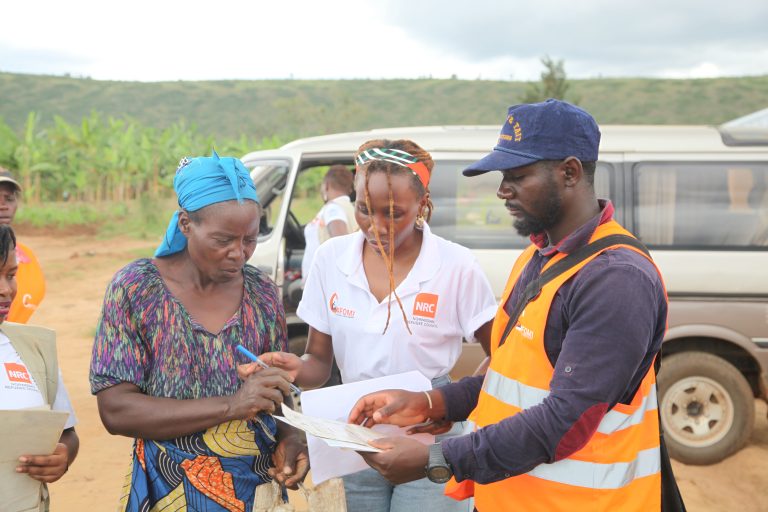Baking Skills enable women to earn a living in Kyangwali Refugee Settlement
Neema Maye is a 27-year-old Congolese farmer and business woman. She opened up her restaurant a few months after the baking training, she is one of the 75 women and girls trained by Care and Assistance for Forced Migrants (CAFOMI) in mandazi (fried bread) making in Kyangwali refugee settlement, Kikuube district under the APEAL IV Project that is funded by the European Commission Humanitarian Aid Office.
“I started by selling baked mandazifrom my veranda at home and sending my brothers to sell in the trading Centre. I saved up all the profits with an aim of opening up a restaurant.” Maye narrated.
She is now in total control of her business and monitors all the profits unlike then, when she used to send the brothers. She expanded her business to serving Tea, fried bread, fried fish and potatoes.
Maye learnt about the training opportunity from her block leader who had been approached by CAFOMI to find Women interested in Mandazi (fried bread) baking, she had hesitated to go for the training due to other competing priorities like agriculture and church choir practice, but she said she doesn’t regret going for the training, it’s one of the best things that have happened in her life.
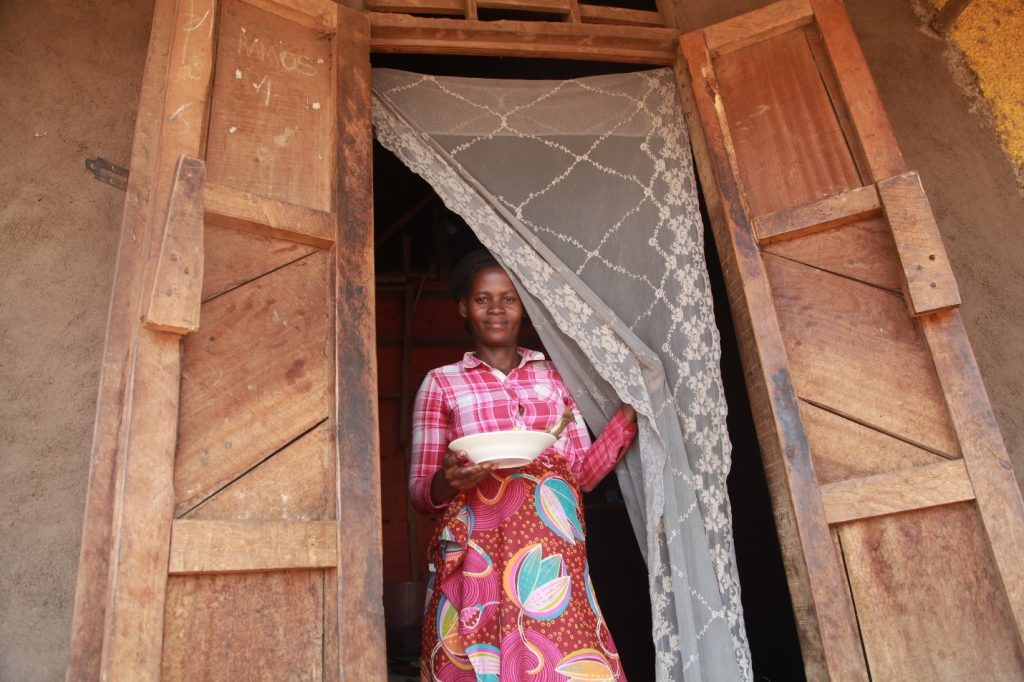
She was actively engaged in the training and formed a group with other women immediately after training, but later decided to be independent. She can now happily sustain her family without even waiting for the 12,000 of mapokero (monthly food support from UN WFP).
Maye is married with four children but her husband doesn’t work so she is obliged to meet the biggest percentage of the needs at home.
She came to Uganda in 2018 on a boat through Lake Albert after war broke out in her village back in Democratic Republic of the Congo, life was difficult at the beginning when they first arrived at Kyangwali refugee settlement, her only worry then was about food and shelter, she says now after settling she is focused on business and development.
“I still face difficulties, I’m running the restaurant with a small capital therefore the profits are still small, I hope that when my capital increases I will be able to open up a bigger restaurant and also employ girls who are jobless.” Maye said.
Enhancing productivity of refugees already engaged in economic activities through skilling programmes can help increase their incomes. More focus should be put on programs that are geared towards skills training.
By Nicholas Shawn Mugarura, Author is MERL & Communications Assistant at CAFOMI.


